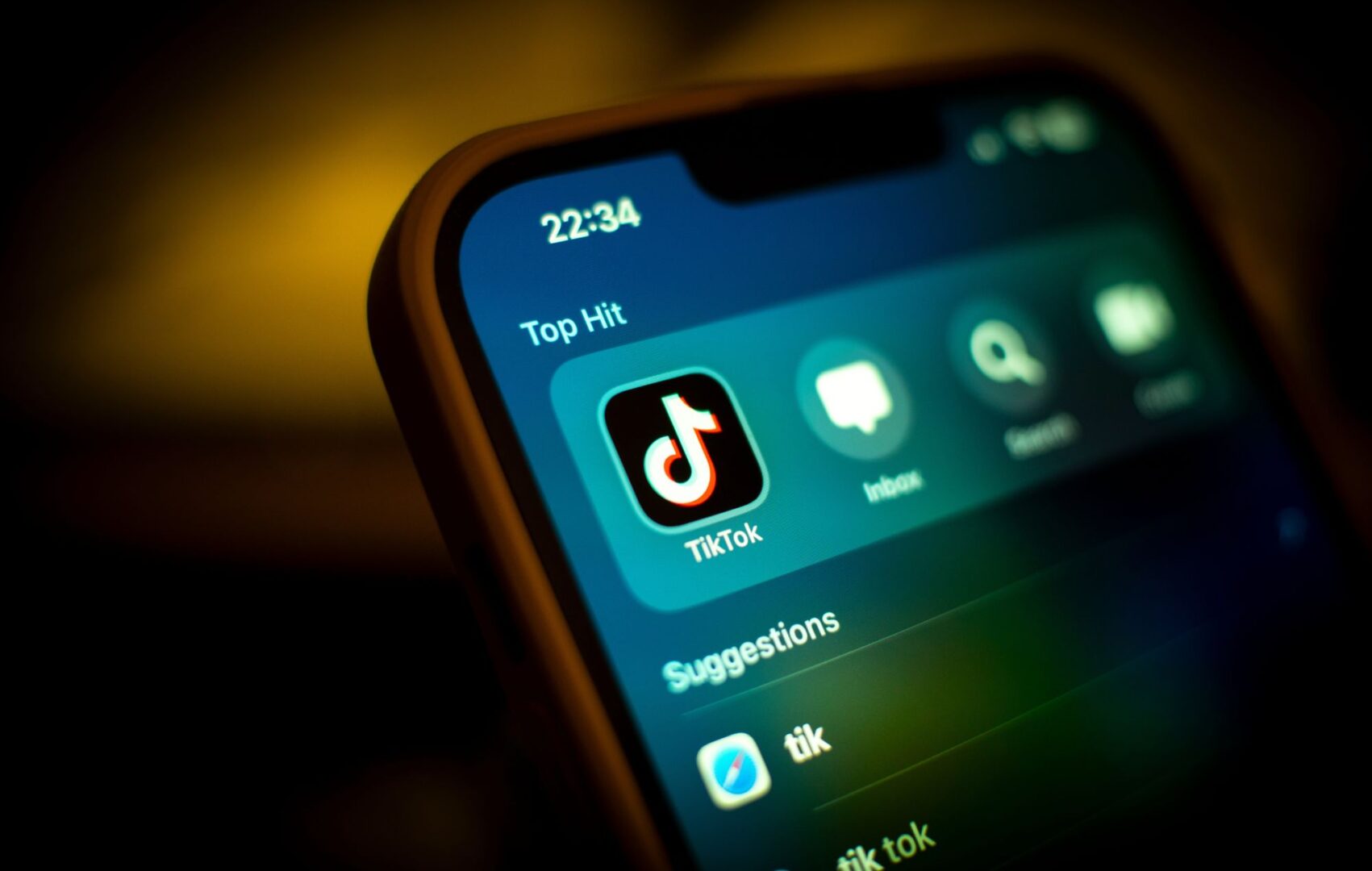Smartphone now “most used screen” for watching new video content
A new study has found that smartphones are now the “most used screen” for watching new video content, ahead of television.
A special report from Variety, using data analysed by Hub Entertainment Research, shows that mobile phone screens are becoming the first-choice screen to watch video, one percentage point ahead of connected TV.
It continues that the gap between the two screen types is more exaggerated among younger viewers, many of whom already consider their smartphones as their go-to for watching content.
The nature of the type of content that is being consumed via connected TV is also shifting, with social media platforms such as YouTube now becoming a major competitor to more traditional streaming video platforms. It notes that YouTube’s increasing dominance on connected TV (CTV) has led to TikTok and X strongly considering their own CTV apps.

While the transition away from linear television toward on-demand streaming is well-established, Variety reports that the proliferation of video consumption on social media is now highly competitive with streaming, and growing every year.
The average number of hours per day that TikTok users watch video content, for example, has increased from 2.12 in 2022 to 2.48 in 2024, while similar increases have been demonstrated for Instagram, Facebook and YouTube.
Recommended
Due to the success of TikTok, other social media platforms have consciously pivoted to short-form video content strategies, with video now accounting for 58.8% of the average daily consumption of social media, compared to 48.0% three years ago.
One possible consequence of the behavioural shift is that younger audiences are now spending less time watching TV and movies, with gaming, “non-premium” video and social media all taking a larger slice of their attention.
Television shows and movies now account for 32% of screen time for 13-24 year-olds, in comparison with 59% for viewers over the age of 35.
Despite TikTok’s short-form dominance, the increase in YouTube’s slice of the connected TV market, it is suggested, could now result in platforms like TikTok considering increasing longer video upload limits. In 2023, they expanded the limit to 15 minutes, but Variety theorises that this could now soon increase.
